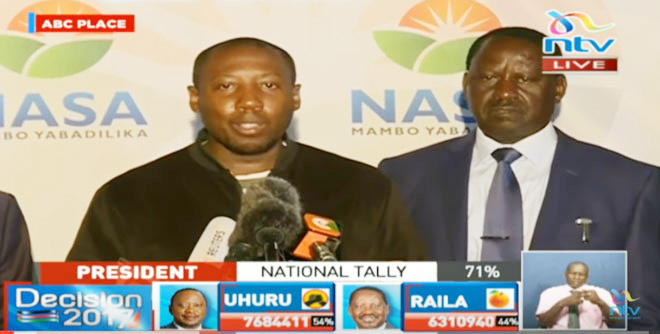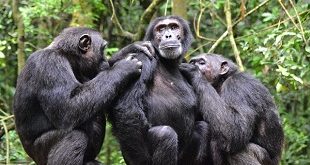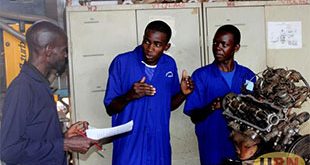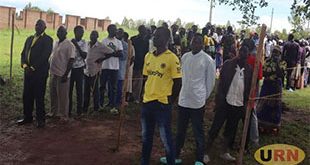
UPDATE: Kenya’s Odinga delays ‘complex’ decision on vote dispute
Nairobi, Kenya | AFP | Kenya’s opposition leader Raila Odinga is expected to announce his strategy Wednesday for contesting his election loss, having further delayed a decision that could defuse or exacerbate tensions in the country.
The 72-year-old insists he is the rightful winner of a “stolen” election which took place on August 8 and handed victory to incumbent President Uhuru Kenyatta.
Speaking at the weekend, Odinga promised to announce his next move on Tuesday. However citing the “complexity and delicate nature” of discussions, his National Super Alliance (NASA) pushed the decision back to Wednesday.
The veteran opposition leader has now lost four elections and has also cried foul over results in the previous two.
His latest claims sparked a wave of protests in his strongholds which left at least 16 dead and 177 injured, but these quickly abated as his supporters — and the country — await his decision on his next move.
After the 2007 vote, Odinga’s supporters took to the streets, and a resulting crackdown coupled with a wave of politically motivated tribal violence left over 1,100 dead.
In 2013 he challenged the presidential results in court and lost.
Any legal challenge must be lodged by Friday, but Odinga has so far defied pressure to take his complaints to the court.
A legal petition can also be filed by members of civil society.
The Kenyan government’s NGO Board regulatory body has since Monday moved to shut down two rights organisations, one of which said it was mulling Supreme Court action over election “inconsistencies”.
Maina Kiai, board member of both the Kenya Human Rights Commission (KHRC) and the Africa Centre for Open Governance (AfriCOG), said the move to deregister the groups was politically motivated.
“People who may go to court are being deregistered,” he said. “Once you close off avenues for legal, non-violent, peaceful redress, you open up a can of worms,” he warned.
– Odinga’s options –
Odinga could also launch a protest campaign, which runs the risk of further violence and economic disruption.
Speaking this week, Kenyatta said Odinga was welcome to protest legally.
“Just do it peacefully, orderly… As a government we will not allow loss of life, destruction of property and looting,” he said.
Police have denied innocent protesters have been killed in the post-election violence. They have insisted that those shot dead were armed and had attacked officers, claiming many were carrying out criminal acts such as rape and looting.
The Red Cross puts the number of injured at 177.
Outrage is growing however over police brutality and use of excessive force. The Daily Nation was the latest to weigh in, accusing the government of “blatant lies on riot deaths” in its editorial Tuesday.
“The government has badly handled the post-election unrest and created more confusion and public anger,” it said, urging police to “rein in officers hell bent on visiting mayhem on hapless citizens”.
Among the dead was a nine-year-old girl hit by a stray bullet when police opened fire in a slum, and local media said a six-month-old baby was in a coma after being clubbed during a police raid on a house during protests on Friday night.
The opposition claims the electronic voting system was hacked and the results manipulated.
The dispute has plunged Kenya into its worst political crisis since the 2007 post-election violence that laid bare decades-old political and ethnic grievances over access to power and land.
Three of Kenya’s four presidents — including Kenyatta and his father — have come from the Kikuyu ethnic group. The other was Kalenjin.
That has left the Luos, Odinga prominent among them, and other major ethnic groups feeling excluded from power and marginalised for over half a century.
 The Independent Uganda: You get the Truth we Pay the Price
The Independent Uganda: You get the Truth we Pay the Price



